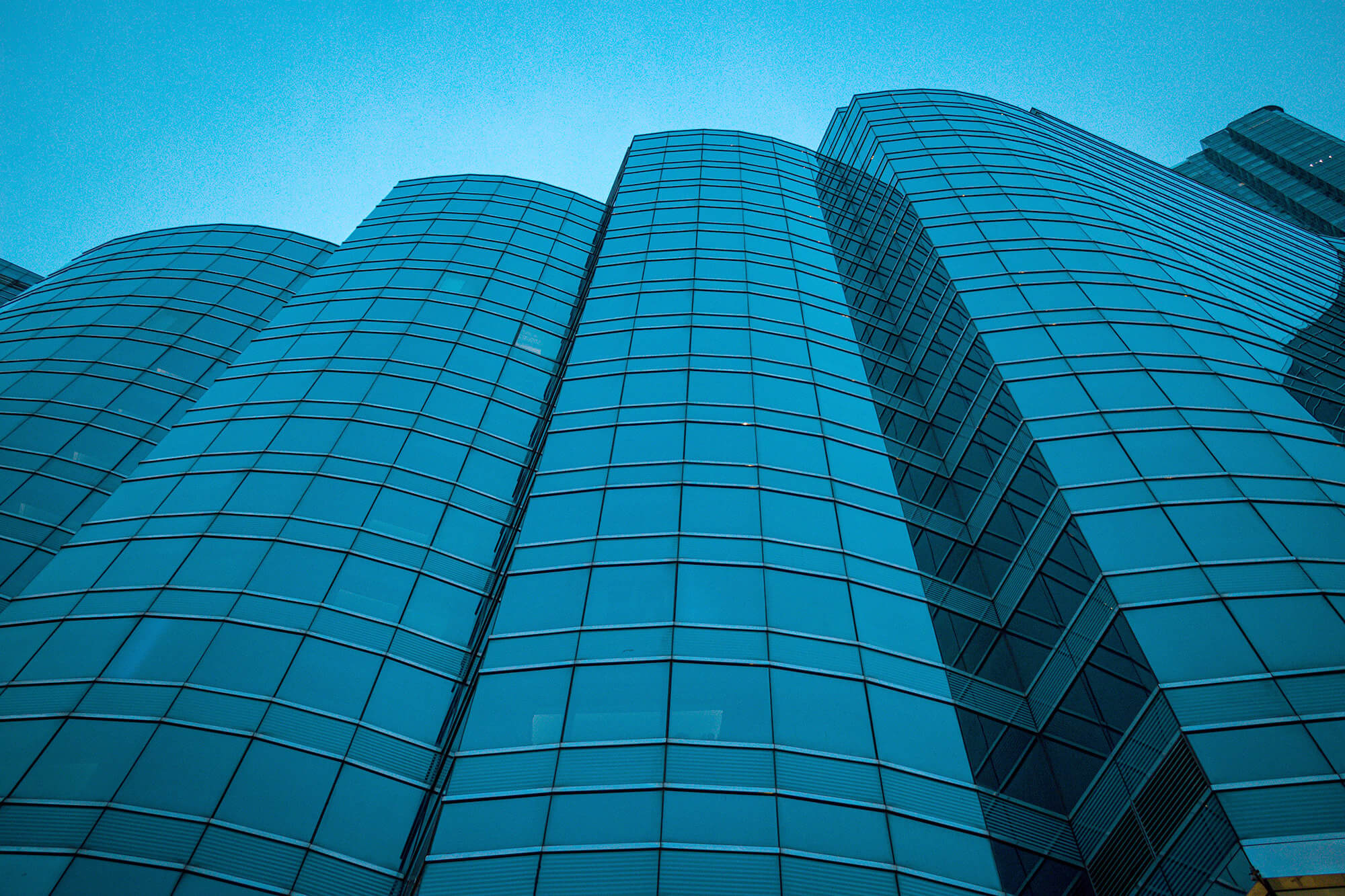As businesses seek flexible financing solutions, understanding the intricacies of different loan options becomes crucial. In this post, we’ll delve into the payment differences between a Merchant Cash Advance (MCA) loan and a Working Capital Small Business Administration (SBA) 7(a) loan, each valued at $150,000.
Understanding Merchant Cash Advances
A Merchant Cash Advance is not a traditional loan but an advance based on future credit card sales. This option is often attractive for businesses with high credit card sales volumes. Here, let’s assume an MCA at 25% interest, payable daily over one year.
Pros:
- Quick access to funds
- Payments fluctuate with sales
Cons:
- Higher cost of capital
- Daily payments can strain cash flow
Exploring SBA 7(a) Loans
SBA 7(a) loans are popular for working capital needs, offering longer repayment terms and lower interest rates. For our example, we consider an SBA 7(a) loan at 11.75% interest, with monthly payments for 10 years.
Pros:
• Lower interest rates
• Predictable monthly payments
Cons:
• Longer approval times
• Requires strong credit history
Payment Analysis
Merchant Cash Advance Loan:
- Loan Amount: $150,000
- Interest Rate: 25%
- Term: 1 year
- Repayment: Daily
To calculate the daily payment, we must first determine the total repayment amount. This includes the principal plus 25% interest.
SBA 7(a) Loan:
- Loan Amount: $150,000
- Interest Rate: 11.75%
- Term: 10 years
- Repayment: Monthly
The monthly payment for this loan will be calculated by applying the 11.75% annual interest rate over a 10-year period.
Financial Implications
The MCA, while offering quick access, comes at a significantly higher cost due to the daily repayment structure and higher interest rate. In contrast, the SBA 7(a) loan provides a more manageable and cost-effective solution for working capital needs, thanks to its lower interest rate and longer repayment period.
Conclusion
Choosing between a Merchant Cash Advance and an SBA 7(a) loan depends on your business’s specific needs, cash flow situation, and the urgency of the required capital. While MCAs offer quick funding, they are more expensive. On the other hand, SBA 7(a) loans are more affordable but require a more stringent approval process




